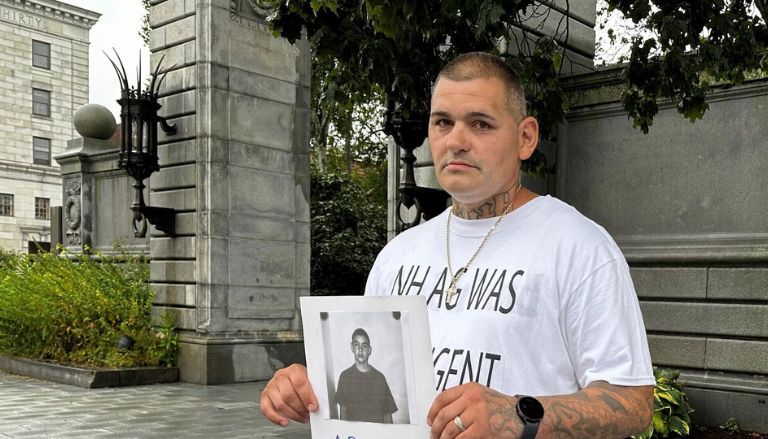Washington, D.C. – Gas, egg, and used car prices went up last month, which is likely what made inflation worse in the U.S. This could make it less likely that the Federal Reserve will cut its key interest rate much this year.
FactSet polled economists and found that the consumer price index rose 2.8% from a year ago in December. This is more than the 2.7% annual increase seen in November. The Labor Department is likely to report this on Wednesday. After falling to a three-and-a-half-year low of 2.4% in September, this would be the third straight rise.
The rise may add to the worries of many economists and financial markets that inflation has become stuck above the Federal Reserve’s 2% goal. Fears like these have caused interest rates on Treasury securities to rise. This has also caused the costs of getting money for things like cars, mortgages, and credit cards to rise, even though the Federal Reserve has lowered its key rate.
When the jobs report came out last Friday, it was surprisingly good. This made stock and bond prices drop because people were afraid that a healthy economy would keep inflation high, which would stop the Fed from lowering its key rate even more.
If you take out volatile items like food and energy, experts think that “core inflation” will stay at 3.3% in December for the fourth month in a row.
As a whole, prices probably went up 0.3% in December, making it the second month in a row that they did so. At that rate, prices would go up more than the Federal Reserve’s 2% goal. Core prices should have gone up by 0.2%.
Some of the price increases were probably caused by one-time events, like the price of eggs going up again. Egg prices have been one of the most changeable food groups in recent years. Many flocks of chickens are dying because of the avian flu, which lowers the quantity of eggs.
Most economists think that inflation will go down a little over the next few months as pay, apartment rent, and car insurance costs rise more slowly. But President-elect Donald Trump’s plans, which could cause prices to rise, make the outlook less clear. Trump wants to raise tariffs on all goods coming into the U.S. and remove a lot of people who aren’t supposed to be there.
Trump said on Tuesday that he would set up the “External Revenue Service” to collect tariffs. This suggests that he thinks many duties will be put in place, even though he has also said he wants to use them as negotiating chips. He said during the campaign that he would put up to 20% tariffs on all imports and up to 60% taxes on goods from China.
The Federal Reserve’s December meeting minutes came out last week. They showed that economists at the central bank think inflation will stay about the same this year as it was in 2024, with higher prices making it a little higher.
Fed Chair Jerome Powell has said that the main interest rate will stay high until inflation is back to 2%. Futures prices show that Wall Street buyers think the Federal Reserve will only lower its key rate once this year, from its current level of 4.3%.
Other costs of getting money are still high, in part because people think inflation will go up and the Fed won’t cut rates very often. The yield on the 10-year Treasury note has a big effect on mortgage rates. Last week, rates went up for the fourth week in a row, to 6.9%, which is a lot higher than the all-time lows of below 3% during the pandemic.
Because the job market is strong (the jobless rate fell to a record low of 4.1% last month), people can continue to spend, which is good for growth. But if companies can’t keep up with demand, that could make prices rise even more.
Earlier this month, a number of well-known economists, including former Federal Reserve Chair Ben Bernanke, agreed that Trump’s tariffs will probably only have small effects on inflation. At the annual meeting of the American Economic Association in San Francisco, the problem was talked about.
Jason Furman, who was Obama’s top economic adviser, said at the conference that the duties may only add a few tenths of a percentage point to the yearly rate of inflation. But he also said that even that small of an increase might be enough to change how the Fed decides to set interest rates.
“You live in a world where Trump’s policies are more like tenths than something terrible,” he said on January 4. “But I think we live in a world where those tenths tell us whether rates are staying the same, going down, or going up.”




Leave a Comment